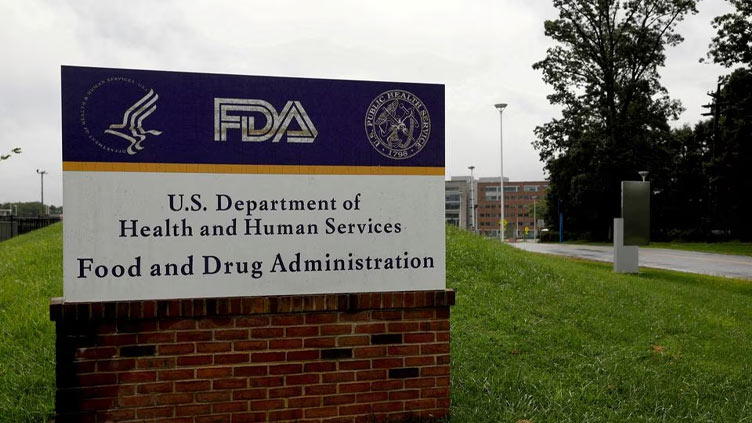FDA approves Sarepta's gene therapy for rare muscular dystrophy in some kids

Sarepta’s treatment will open the doors for more effective gene therapies
MARYLAND (Reuters) - The U.S. health regulator has granted accelerated approval to Sarepta Therapeutics’ first-of-its-kind gene therapy for Duchenne muscular dystrophy (DMD), an inherited progressive muscle-wasting disorder that almost always affects young boys.
Sarepta said that the Food and Drug Administration had approved the treatment for children aged between 4 and 5 years who can walk. It was initially seeking approval for all DMD patients who can walk.
The agency’s decision comes after several delays and questions over the effectiveness of the therapy, which will be sold under the brand name Elevidys.
Elevidys could change the way that DMD patients, who rarely survive beyond their thirties, are treated. Currently, approved steroids and some therapies for specific genetic mutations only control symptoms and slow disease progression.
In a mid-stage trial, Sarepta's gene therapy was able to produce a mini version of the dystrophin protein needed to help keep muscles intact, but did not improve patient clinical outcomes like their ability to walk and stand.
A late-stage study to confirm the treatment's effectiveness is underway and initial data from it is expected by December.
Current options for DMD patients are limited. Of four new "exon-skipping" therapies - intended for a smaller group of patients with specific genetic mutations - three are from Sarepta.
They require weekly infusions and work by skipping specific parts of genes, called exons, with the aim of allowing the body to form shorter forms of the dystrophin protein.
Elevidys should not be used in patients with any deletion in exon 8 and exon 9 in the DMD gene, the company said.
A green light for Sarepta's treatment could open the doors for more effective gene therapies, experts and analysts have said. Pfizer is also developing a gene therapy for DMD.
A late-stage trial of 126 patients is ongoing at Sarepta, and will be pivotal in expanding the patient population and gaining a traditional approval.

